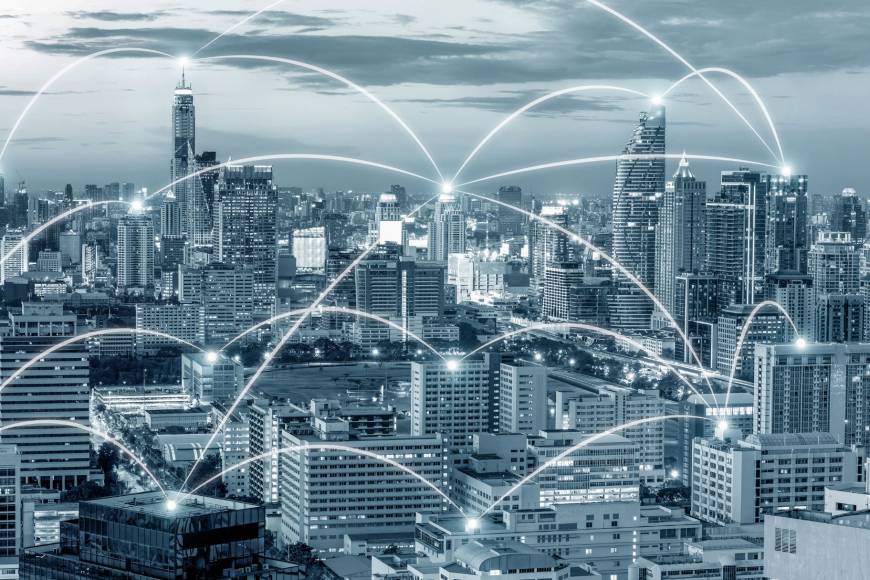Why are Fiber Networks better than Traditional Copper Broadband?
The term Fiber Optics isn’t new to our ears anymore, but that doesn’t mean we’ve all fully got a grasp on what it is, or why it’s so much better than a traditional copper-run network.
Statistically speaking, having Fiber-to-the-premises (FTTP) connectivity is just as important as other utilities such as water and energy. But why is that? When it comes to broadband, we all know the advantages of being online. But when it comes to Fiber broadband, the benefits are tenfold.
Fiber is much faster than traditional copper connection because it provides more bandwidth and has standardized performance up to 10 Gbps and beyond. Unlike copper, which uses electrical current to transmit data, fiber can carry more information with greater efficiency.
On a personal level, with a fiber connection, cities, and neighborhoods are far more likely to have access to the following:
– Telemedicine
– Emergency Services fast response
– Efficient and responsive traffic management
– The capacity to power ‘smart homes’ without the risk of being locked out of your home
– Remote working arrangements with employers
– Reliable business continuation, with less dropouts
Resource: Ensuring Network Resilience: The Importance of Redundancy in Fiber Network Design
Not to mention, with FTTH, we are seeing property values increasing across the globe, due to the infrastructure allowing for nations to be future-proofed. Connectivity isn’t just about your ability to speak to your loved ones. It’s about the operational performance of an entire town, city, state, or nation, too.
When it comes to businesses, there are the same number of benefits of fiber optics, too. Yes, the process of securing FTTP can be costly and at times challenging, but by using Fiber optic cabling for your broadband network, you’re set to find:
– Superior speed and bandwidth, allowing for quick and efficient data transfers
– Less susceptibility to interference
– Ability to transmit data over longer distances without signal loss
– Greater security of your data. Fiber data continues to be inherently safe
– And the cabling itself is remarkably strong considering its makeup. Fiber cabling has the ability to withstand water and temperature fluctuations, meaning it’s virtually immune to external fluctuations in the environment.
Resource: Integrating and Future-Proofing Fiber Optic Networks
It really is a no-brainer to opt-in to leveraging Fiber Networks as soon as they are offered to you. The United States is quickly becoming a major player in the ‘race for fiber’ with investments and grants popping up all over the country.
If you’re a construction company that is looking for a formidable design or integration partner, get in touch today and we’d be happy to demonstrate our track record and agility across the US and Europe.




